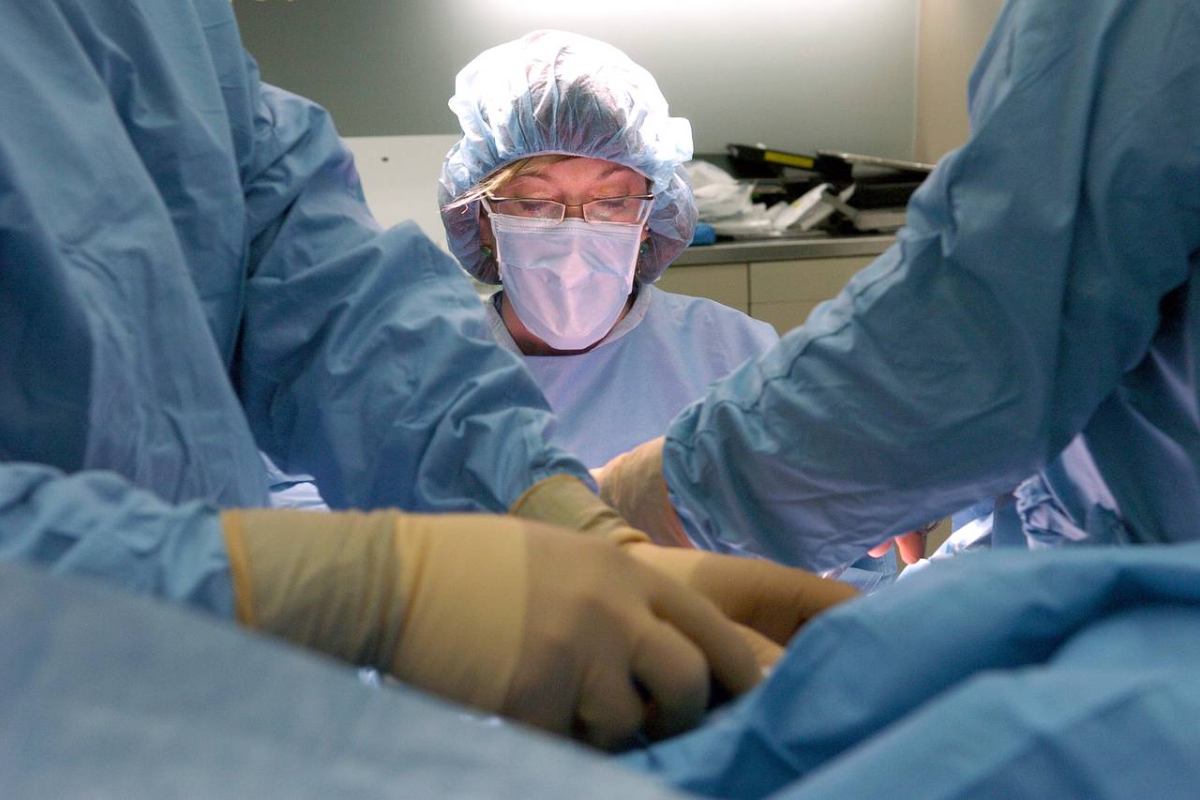Embarking on the journey of transgender surgery is a significant decision, empowering individuals to align their physical selves with their true gender identity. However, before undergoing this transformative experience, it’s crucial to understand the prerequisites that pave the way for a successful and satisfying outcome. In this comprehensive guide, we’ll delve into the essential aspects of transgender surgery, shedding light on the pre-surgical requirements for transgender surgery in Beverly Hills, CA, that ensure a smooth and informed process.
Transgender surgery involves careful consideration of various pre-surgical requirements. From mental health evaluations and hormone therapy to legal and financial considerations, each step plays a vital role in ensuring a successful and fulfilling outcome.
Table of Contents
The Foundation of Well-being
Prior to any transgender surgical procedure, mental health evaluation stands as a cornerstone. This assessment is not meant to gatekeep or judge but serves as a vital step in ensuring that individuals are mentally prepared for the journey ahead. A licensed mental health professional, experienced in gender identity issues conducts this evaluation to assess emotional readiness and provide necessary support.
Many individuals pursuing transgender surgery also undergo hormone therapy as a crucial step in their transition process. Hormones, such as testosterone or estrogen, contribute to the development of secondary sex characteristics, preparing the body for surgical interventions. Before surgery, patients often need to undergo hormone therapy for a specified duration, as recommended by their healthcare provider.
Living Authentically
Living in the identified gender role for a certain period, known as the Real-Life Experience (RLE), is a requirement for some transgender surgeries. This experience is designed to help individuals adjust socially and emotionally to their affirmed gender identity. While not mandatory for all surgeries, some procedures, like certain genital reconstruction surgeries, may necessitate a documented RLE.
In addition, a thorough medical assessment is paramount to ascertain the individual’s physical health and readiness for surgery. This involves a battery of tests, including blood work, imaging studies, and other diagnostic evaluations. The goal is to identify and address any existing health concerns that might pose risks during or after surgery.
Legal Requirements and Financial Considerations
Understanding and fulfilling legal requirements is a crucial part of preparing for transgender surgery. This may include updating identification documents, such as driver’s licenses and passports, to reflect the affirmed gender. Additionally, ensuring that all necessary legal consents are obtained is vital for a seamless surgical process.
Transgender surgeries can be financially significant, and understanding the cost implications is essential. Checking insurance coverage, exploring financing options, and budgeting for associated expenses are crucial aspects of pre-surgical preparation. Some insurance plans may cover certain transgender surgeries, so it’s important to thoroughly review the policy details.
Building a Support System of Allies
Having a robust support system is invaluable during the pre-surgical phase. This includes family, friends, and members of the transgender community who can offer emotional support and understanding. Connecting with support groups or seeking guidance from those who have undergone similar experiences can provide a sense of community and shared wisdom.
Selecting a skilled and experienced surgeon specializing in transgender procedures is a critical decision. Researching surgeons, reading reviews, and seeking recommendations from healthcare professionals or the transgender community can guide individuals in finding the right expert for their specific needs. A consultation with the chosen surgeon is an opportunity to discuss expectations, ask questions, and ensure a clear understanding of the surgical process.
By approaching this process with thorough research, a supportive network, and expert guidance, individuals can navigate the pre-surgical phase with confidence, paving the way for a transformative and empowering experience.

